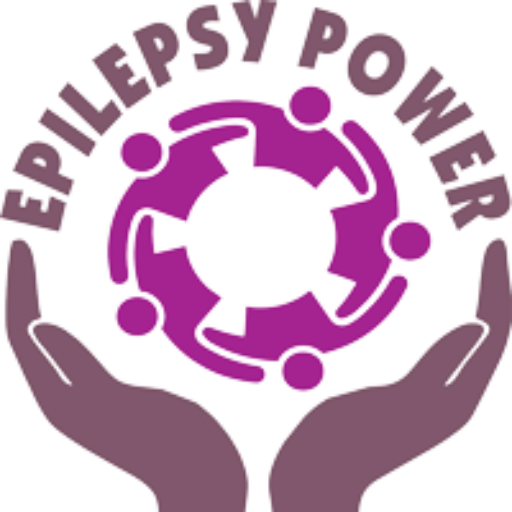- Introduction
- Section 1: Create and develop an inclusive policy
- Section 2: Changing managerial practices
- Section 3: Changing employee attitudes
- Concluding remarks
- Quiz
Creating a truly inclusive workplace for people with epilepsy (PwE) requires not only developing an inclusive policy and changing managerial practices, but also a significant shift in employee attitudes and behaviors. To achieve this, companies must focus on three key areas: informing, training, and communicating.
Informing : Understanding the physical and cognitive difficulties associated with epilepsy is essential to creating an inclusive environment. Increased awareness and knowledge of epilepsy can contribute significantly to a safer and more supportive working environment, improving the employability of people with epilepsy. While many countries mandate disability inclusion, documentation often lacks specific information about epilepsy. A quick modification of texts to include details about this condition can make a significant difference. Companies with at least one employee with epilepsy should consider creating specific documents, procedures, guidelines, or recommendations related to epilepsy. Many resources are available on the websites of epilepsy associations, which can be adapted and integrated into company policies. This will ensure that employees are well-informed and that PwE feel acknowledged and supported.
Training :
Combating myths and misconceptions: Epilepsy is surrounded by myths and a lack of understanding, which contributes to the exclusion of PwE from the workplace. Providing thorough and continuous training is crucial. Organize training sessions to educate employees about epilepsy, its symptoms, and appropriate responses to seizures. Workshops, webinars, and informational materials can also help to dispel myths and reduce stigma.
Inclusive training programs: Raising awareness about epilepsy might seem costly and time-consuming, but it can be integrated into broader training on invisible disabilities. Understanding the physical and cognitive difficulties associated with epilepsy is vital. Training should cover unconscious bias, cultural competency, and inclusive leadership, equipping employees with practical skills to support their colleagues. Recognizing the signs of a seizure, ensuring safety during an episode, and familiarizing oneself with post-seizure protocols are essential components.
By holding regular training sessions, sharing learning materials and providing ongoing training, organizations can create an environment in which all employees, including those with epilepsy, feel valued, understood and supported.
Regular updates and refresher courses ensure that new employees are trained, and that existing employees stay abreast of best practice and new developments in epilepsy care.
Providing clear, factual information helps to develop a well-informed workforce, who are better able to support their colleagues with epilepsy. Using a variety of formats can cater for different learning preferences, such as workshops, webinars, e-learning modules or interactive sessions.
Encouraging self-assessment and understanding in employees with epilepsy is vital to their personal and professional development. Providing tools and resources will help people with epilepsy to assess their condition, understand triggers and develop effective management strategies. Helping people with epilepsy create career plans adapted to their condition can lead to greater job satisfaction and productivity. Finally, providing access to counseling or mentoring programs can also help people with epilepsy to navigate their careers with greater confidence.
Here is an interesting video, created by Epilepsy Action, to watch right now: How to Help if Someone has a Tonic Clonic Seizure – Epilepsy Action Employer Toolkit :
https://www.youtube.com/watch?v=7N74EFyEhUA
Communicating : Communication is key to fostering an inclusive environment. All employees need to be aware of the company’s inclusion policies and how to access resources and support. Using a variety of communication channels, such as the company intranet, e-mail and training sessions, helps spread the word about the policy. Celebrating Epilepsy Awareness Month and participating in related events underline the company’s commitment to integration.
Sharing the success stories of employees with epilepsy helps celebrate and promote a positive and inclusive work culture. This not only raises awareness, but also demonstrates the company’s commitment to supporting people with epilepsy.
The responsibility for promoting and maintaining an inclusive workplace lies with managers and leaders. Changing employee attitudes towards PwE is essential for creating a supportive and inclusive work environment. By informing, training, and communicating effectively, companies can dismantle misconceptions, reduce stigma, and foster a culture where PwE feel secure and valued. This holistic approach not only benefits employees with epilepsy but also enhances the overall inclusivity and diversity of the organization.
Here an interesting video, created by Epilepsy Action, to watch right now: Supporting Employees with Epilepsy at Work:
https://www.youtube.com/watch?v=fVcilTH_72M
Reflective exercise
As we have seen, informing, training and communicating are essential if an organization’s employees are to understand the PwE, the impact of its illness and adopt the right approach towards it. Imagine that you have a meeting with your superior and you factually describe the elements you could put in place over the next 6 months, in terms of information, training and communication.
